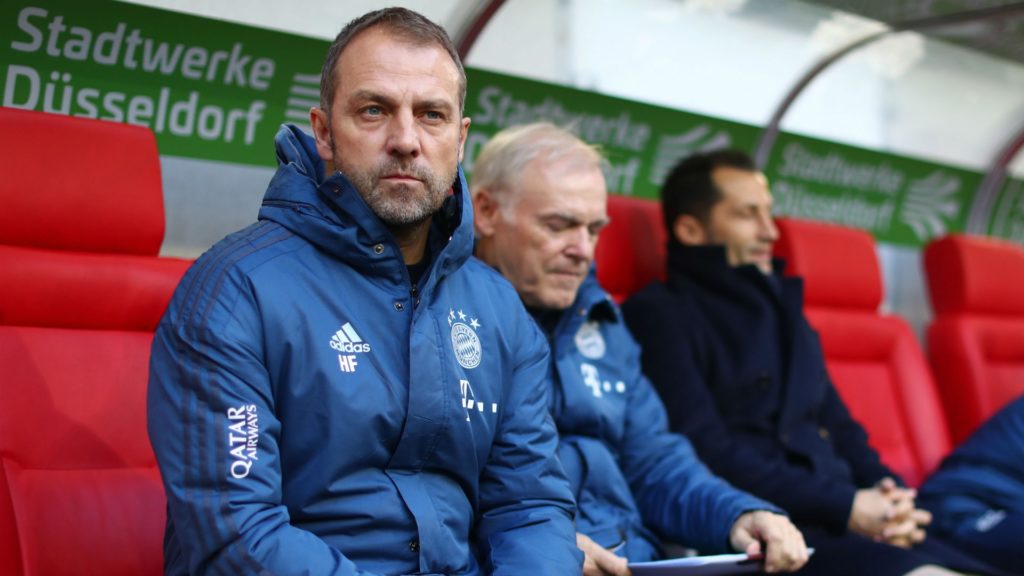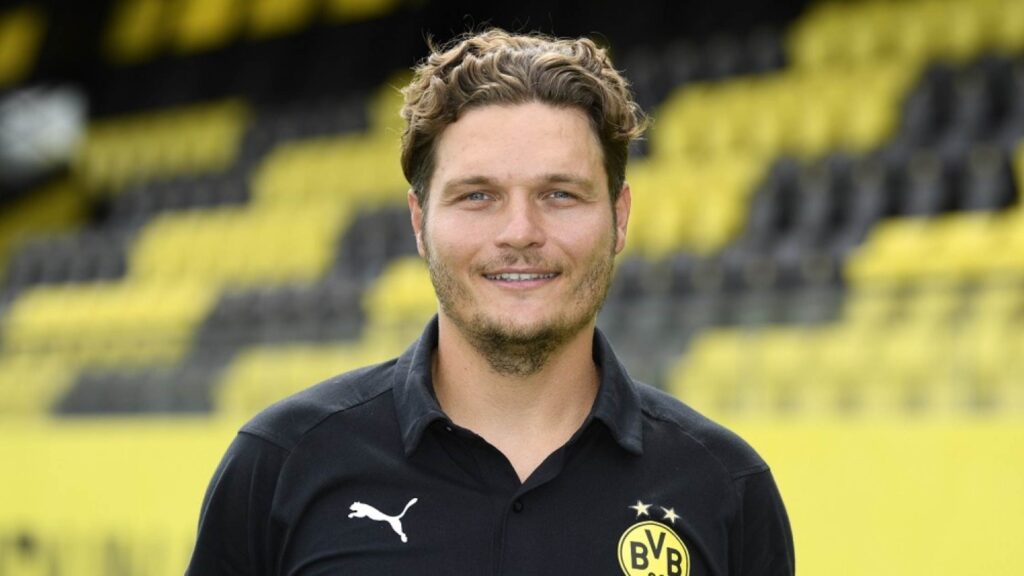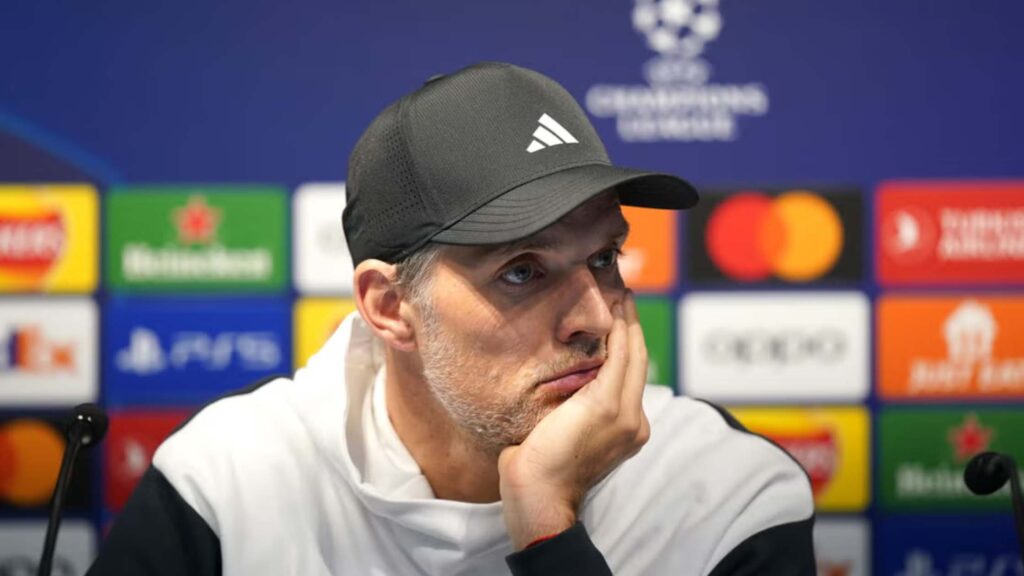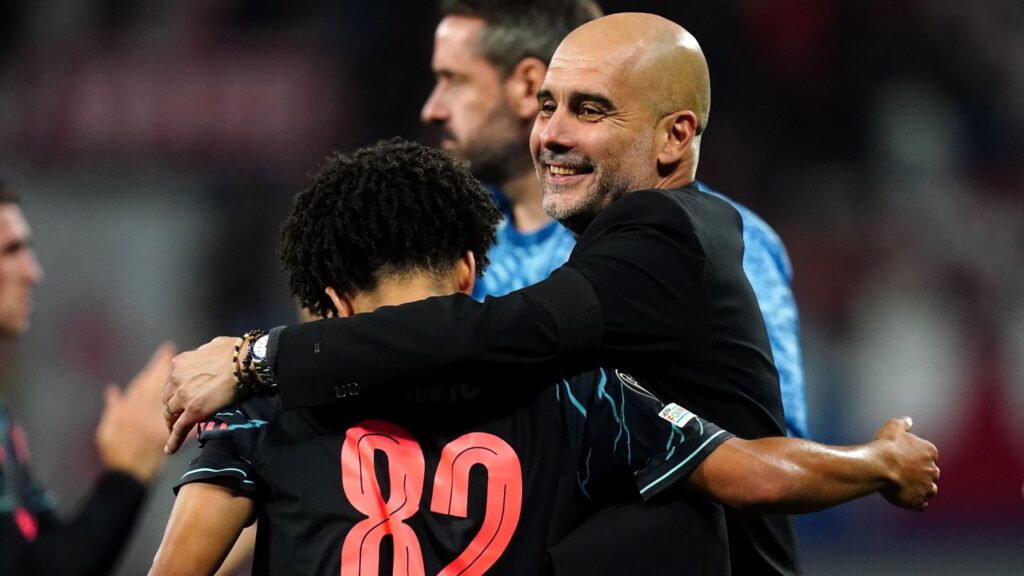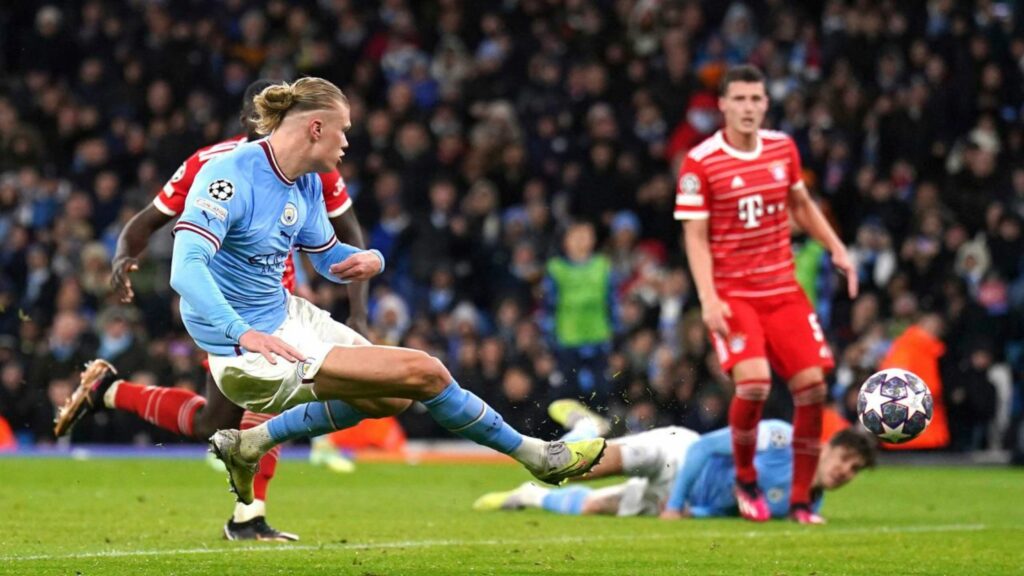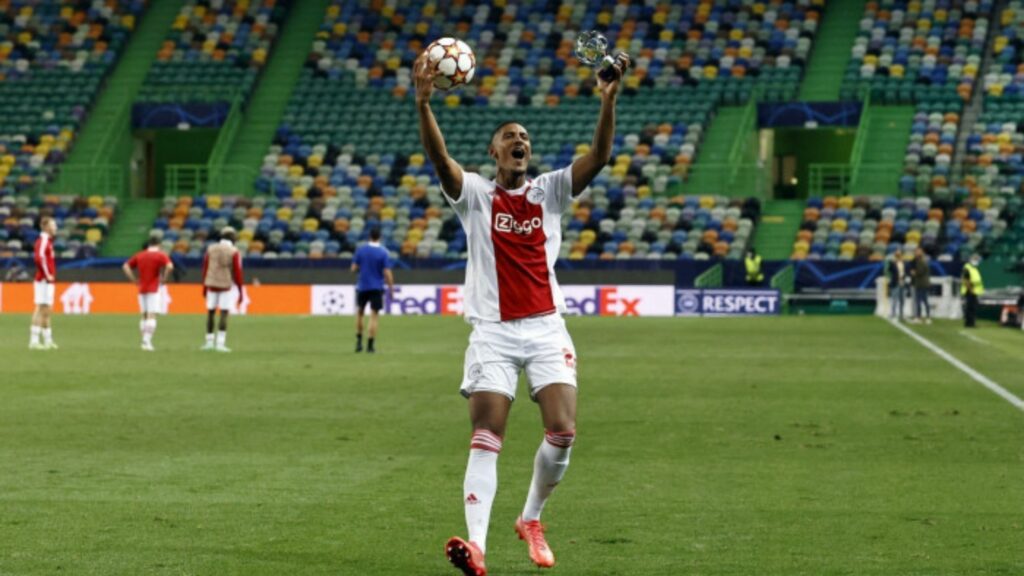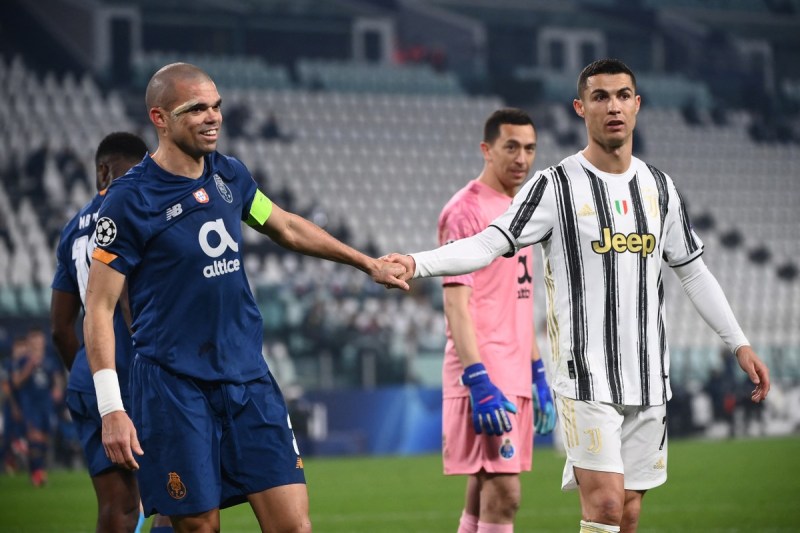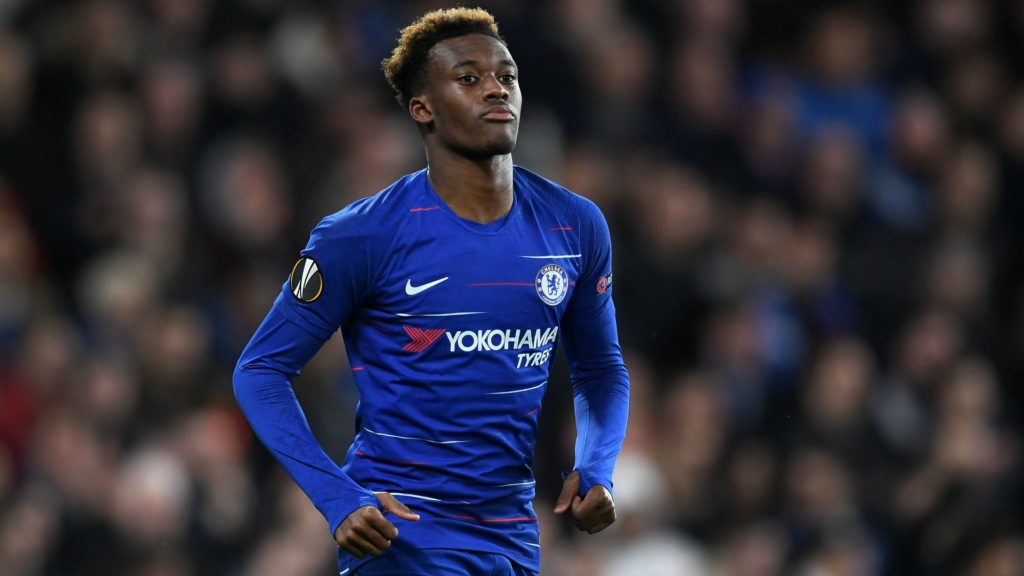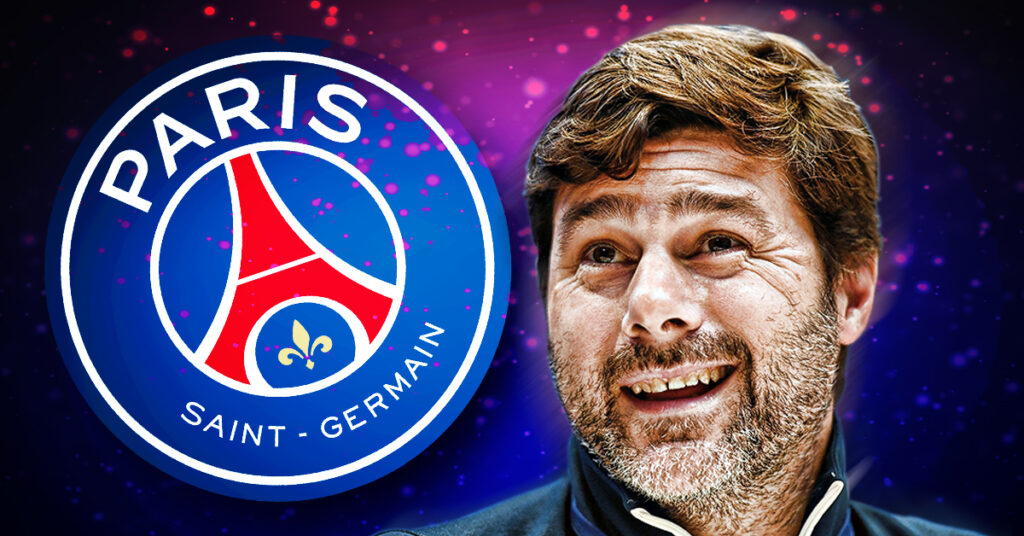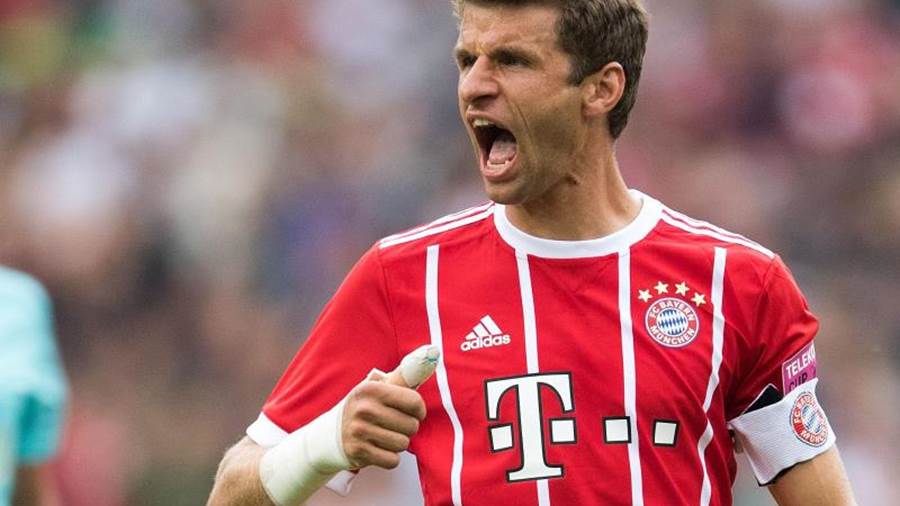Hans Dieter Flick won the treble for Champions League using, for the most part, a 4-3-2-1 formation. However, this season, he has often opted for a more conservative 4-3-3. Just why is using the tactician this formation and how does it fit with the Bavarian’s philosophy?
Bayern Munchen’s philosophy
Bayern Munchen is one of Europe’s greatest football institutions. For them winning is not enough. The team needs to do it playing in the Bayern way. Their identity is recognizable as that of F.C. Barcelona or Ajax Amsterdam.
The Bavarians‘ official website gives a glimpse into their mindset. The club, first and foremost, wants to encourage youngsters developed in their own academy to play for the senior squad. For the 2020/21 campaign, many important players for the team were developed by the Youth Academy. Thomas Muller, David Alaba, or Joshua Zirkzee are among them.
Bayern’s website goes on to list the qualities a player must develop in order to play for the senior squad. These include: athleticism, technique, tactical awareness, and a strong, winning personality.
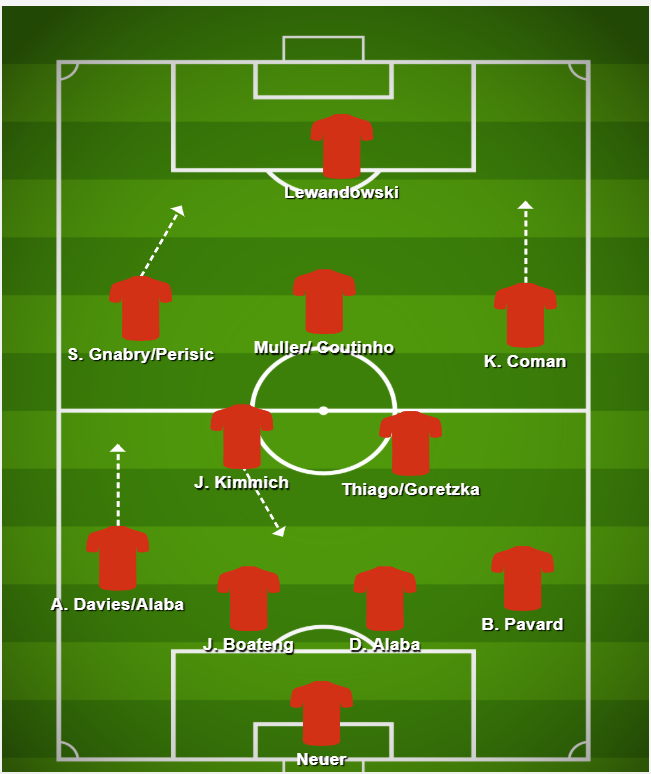
Transitioning to a 4-3-3 formation
Hans Dieter-Flick’s tactics were immensely successful in the 2019/20 campaign. They also perfectly complimented his players’ qualities. His 4-2-3-1 formation, which sometimes transitioned to a 4-1-4-1, was meant to press aggressively up the pitch. When in possession they move the ball quickly, through vertical passes towards their strong, pacey attacking players.
The 4-3-3 formation has been used this season, primarily in the Champions League. Like most things on football tactics, it was born partly out of necessity. However, Bayern is also in a position to experiment, having won their first four group matches.
Away to Atletico Madrid, Flick opted for a 3-4-3 formation. It allowed Bayern to use its players to cut to direct the attacking movement. When in possession, one of the players would request the ball, while the other would move inside.
Their modification to a 4-3-3 also allows Bayern, most often, to enjoy superiority in the final third, while allowing their center back to begin the attacking plays.
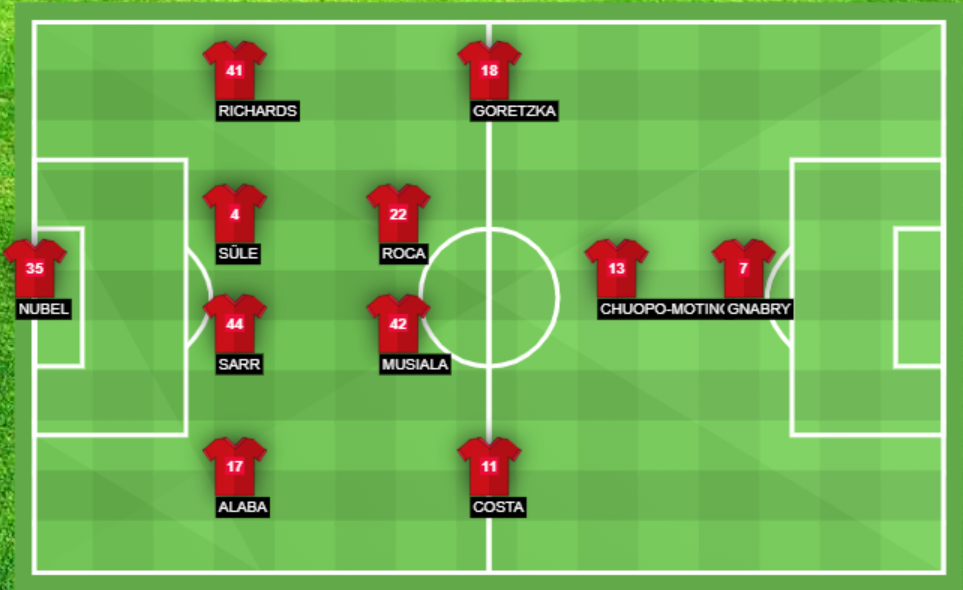
Flick’s tactics against Lokomotiv
Hans Dieter-Flick can, once again, experiment against Lokomotiv Moscow. His team is already qualified, of course. The match is an opportunity to try out younger players and experiment with tactics.
Bayern may line-up in a 4-3-3 formation where Bouna Sarr and Chris Richards will play as wing-backs. Marco Roca could play in a defensive midfield role, but could transition to an additional center-back role. Eric Chuopo-Moting will head the attack with Douglas Costa and Serge Gnabry taking on inside-forward roles.
Flick remains one of the most exciting managers in European football. Bayern will continue to be a footballing powerhouse. Their tactical experiments may go on to prove important as the season progresses.
